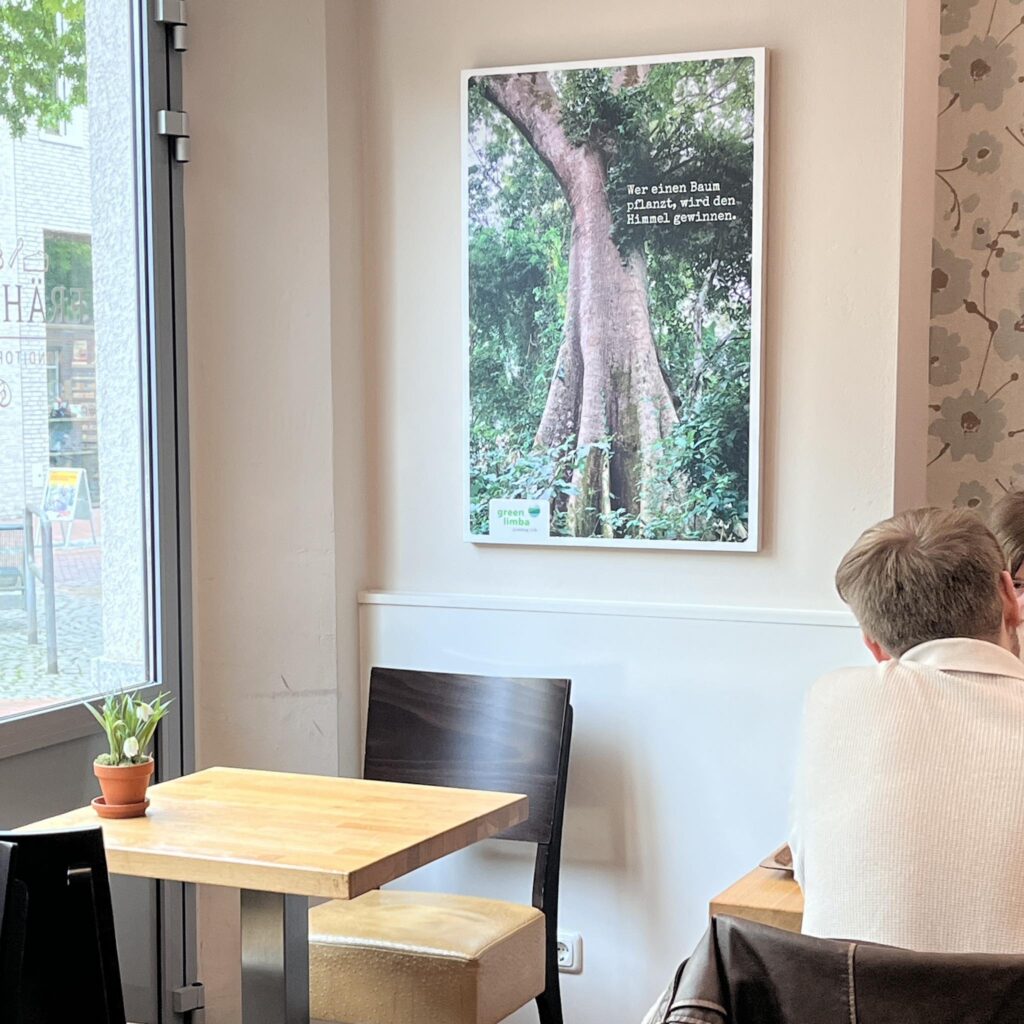Why CSR doesn’t just stand for cheescake with whipped cream and rooibos tea – but also.
“Corporate Social Responsibility”, or CSR for short, is anything but an American invention; in fact, the idea originated in Europe 200 years ago. Today, CSR is often translated as “corporate social responsibility”. That sounds unwieldy. What it means is that companies of all sizes are not only committed to capital, but also to people and the environment, without which the company would not be able to earn any money. It is about giving something back and not just paying wages.
If, for example, parents are paid for their work, the child is only indirectly compensated for the absence of mom and dad. However, if the son’s music lessons are (co-)financed and the daughter’s soccer team is given new jerseys, then the company also assumes responsibility for those who are indirectly involved in the company’s success.
The same applies to nature, which is essential for any entrepreneurial profit but cannot be rewarded at all. The reward can be a lush garden on the company premises or the financing of a reforestation program – in addition to the necessary exploitation of all potential savings within the company in order to avoid further environmental pollution and the resulting costs.
Economics lists capital, labor and nature as necessary production factors. Interest is sufficient for the former, but more needs to be done for employees and the environment if the company is to survive and grow in the long term. CSR is nothing else.
This brings us to cheescake with whipped cream and rooibos tea: The photo was taken in a small bakery and patisserie in northern Germany, which has been supporting us in the reforestation of the rainforest in Sierra Leone for several years. For several months now, two large pictures of us have been hanging in the café, telling guests about an exotic world and greenlimba’s commitment.
The positive consequences are multi-layered: the regular donations from this company help us directly with our work in West Africa and thus protect the global climate, the bakery’s employees feel more connected to their employer thanks to this commitment which they value, the employer in turn offsets its unavoidable CO2 footprint with the newly planted trees despite constant improvements in energy consumption and, finally, the customers enjoy the good feeling that the master baker is not making money at the expense of us all, but is taking responsibility for his actions. As the donations to us can also be claimed for tax purposes, even the state takes its share of the responsibility.
CSR still sounds cumbersome. But it tastes good!

